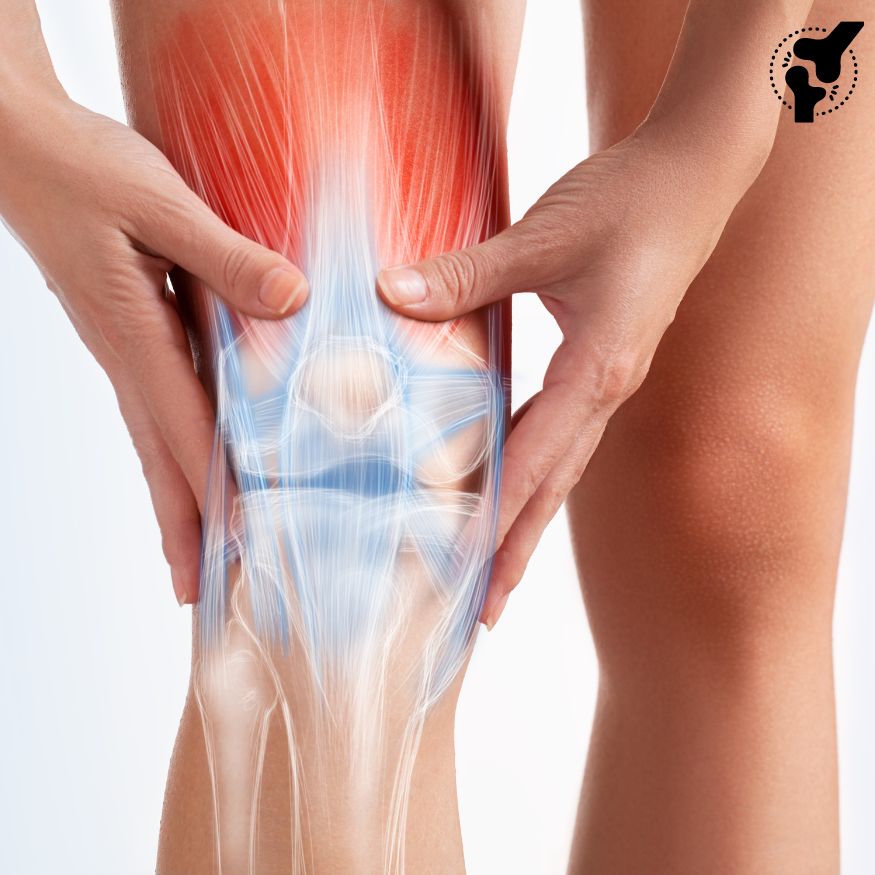
Arthritis is a general term for conditions that affect the joints and surrounding tissues. There are many different types of arthritis, but the two most common are osteoarthritis and rheumatoid arthritis.
Types of Arthritis
- Osteoarthritis (OA):
- Often referred to as “wear and tear” arthritis.
- Caused by the breakdown of joint cartilage and underlying bone.
- Commonly affects the knees, hips, and hands.
- Symptoms include joint pain, stiffness, swelling, and decreased range of motion.
- Rheumatoid Arthritis (RA):
- An autoimmune disorder where the body’s immune system attacks the joints.
- Leads to inflammation of the joint lining, causing pain and swelling.
- Can affect other organs and systems in the body.
- Symptoms include tender, warm, swollen joints, fatigue, fever, and loss of appetite.
Symptoms of Arthritis
- Joint pain and stiffness
- Swelling and tenderness in the joints
- Reduced range of motion
- Redness around the affected joint
- Warmth in the affected joint
Causes and Risk Factors
- Genetics: Family history of arthritis.
- Age: Risk increases with age.
- Gender: Women are more likely to develop rheumatoid arthritis, while men are more likely to develop gout (another form of arthritis).
- Previous joint injury: Damage to a joint can contribute to the development of arthritis.
- Obesity: Excess weight can contribute to both the onset and progression of arthritis.
Treatment
While there is no cure for arthritis, treatments focus on relieving symptoms and improving joint function. Treatments may include:
- Medications: Pain relievers, anti-inflammatory drugs, and disease-modifying antirheumatic drugs (DMARDs).
- Physical Therapy: Exercises to strengthen muscles around the joints and improve range of motion.
- Lifestyle Changes: Weight loss, healthy diet, and regular exercise.
- Surgery: Joint repair, joint replacement, or joint fusion.
Prevention and Management
- Maintain a healthy weight.
- Stay physically active.
- Avoid joint injuries.
- Eat a balanced diet rich in anti-inflammatory foods.
If you have more specific questions or need further details on a particular type of arthritis or treatment options, feel free to ask!
waht is homepethic treatment is succesfull in arthritis ?
Homeopathic treatment for arthritis involves using highly diluted substances with the goal of triggering the body’s natural healing processes. Homeopathy is a form of alternative medicine based on the principle of “like cures like,” meaning that substances that cause symptoms in a healthy person can, in very small doses, treat similar symptoms in a sick person.
Common Homeopathic Remedies for Arthritis
- Rhus Toxicodendron: Often used for arthritis pain that is worse in cold, damp weather and improves with warmth and movement.
- Bryonia: Recommended for arthritis pain that worsens with movement and improves with rest.
- Arnica: Used for pain and inflammation, especially when the joints feel bruised.
- Apis Mellifica: Used for joints that are red, swollen, and warm to the touch.
- Calcarea Carbonica: Suggested for individuals with joint pain who also feel cold and clammy.
Effectiveness and Evidence
The effectiveness of homeopathic treatments for arthritis is a topic of debate and ongoing research. Here are some key points to consider:
- Anecdotal Evidence: Many people report symptom relief with homeopathic treatments. Personal experiences and testimonials suggest benefits, though these are subjective.
- Scientific Evidence: The scientific community generally regards homeopathy with skepticism due to the lack of strong, consistent evidence from rigorous clinical trials. Most scientific studies have found that homeopathic remedies do not perform better than placebos.
- Placebo Effect: Some benefits reported by individuals using homeopathy may be attributed to the placebo effect, where a person’s condition improves because they believe the treatment is effective.
Considerations
- Consult a Professional: If you are considering homeopathic treatment for arthritis, it is important to consult a qualified homeopathic practitioner.
- Complementary Approach: Homeopathy can be used as a complementary approach alongside conventional medical treatments, but it should not replace standard medical care.
- Safety: Homeopathic remedies are generally considered safe, as they are highly diluted. However, it is important to ensure that they do not interfere with other medications or treatments.
Conclusion
While some individuals with arthritis find relief through homeopathic treatments, the overall scientific consensus on their efficacy remains inconclusive. If you are considering homeopathy, it is important to do so under the guidance of a qualified practitioner and in conjunction with conventional medical advice.
If you have specific questions or need more detailed information about a particular homeopathic remedy or approach, feel free to ask!






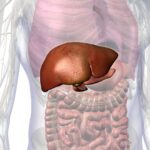
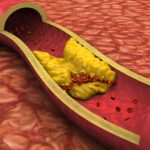


















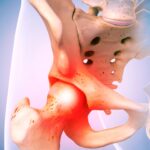
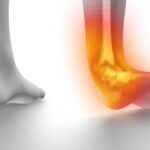








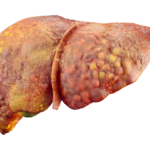
































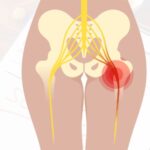


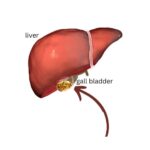




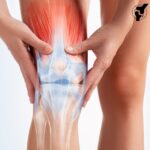







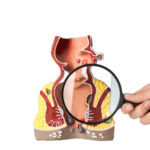




Great write-up, I am regular visitor of one’s blog, maintain up the excellent operate, and It’s going to be a regular visitor for a lengthy time.
Thanks for all your labor on this site. Kate takes pleasure in setting aside time for investigation and it is easy to understand why. Most people notice all relating to the compelling mode you render useful steps through this web site and even encourage participation from people on the topic plus our own daughter is now learning a whole lot. Take pleasure in the rest of the year. You are conducting a wonderful job.